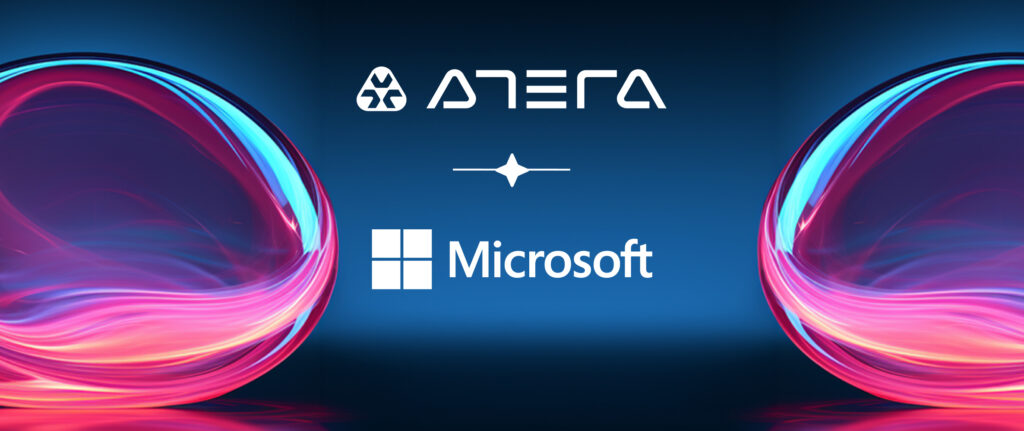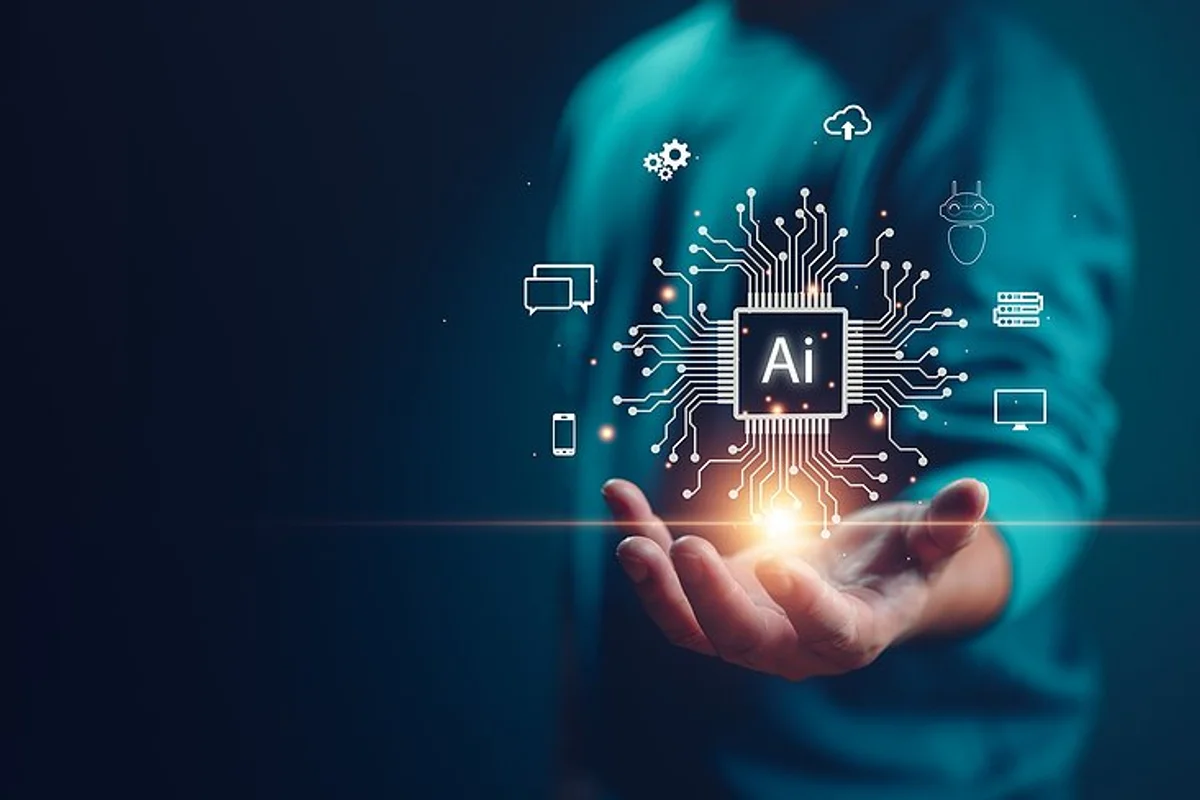Gil Pekelman, CEO of Atera, an all-in-one IT administration platform, was asked to discuss how AI rapidly becomes the companion of choice for IT professionals
The Atera all-in-one platform for IT management was introduced in 2016, quite some time ago. It is also quite comprehensive. It includes technical aspects such as security and patching, ongoing support, alerts, automation, ticket administration, reports, and analytics, among other things.
A single platform, Atera consolidates all of your IT management under one roof. Its strength is that it utilizes a single codebase and database, which only our company can claim. For several years, the alternative has been to purchase four or five distinct products and attempt to connect them somehow, which is typically quite challenging.
In this particular instance, both the codebase and the database are unified. Everything is streamlined, interconnected, and extremely intuitive. That is to say, you sign up or begin a trial, and you are effectively operational and onboarding within five minutes. That much is evident.
We have more than 12,000 clients in 120 countries worldwide. Presently, the United Kingdom is our second-largest nation in commerce. Although the US is in the lead, the UK is closely following suit.
Which AI developments have you observed most recently this year?
Our organization has been committed to incorporating AI since its inception. Our objective has always been to identify problems with data and notify humans so they can resolve or avoid them. Initially, our primary objective was to provide solutions by leveraging data.
Our goal for the past nine years has been to delegate mundane IT duties to AI so that professionals can focus on more engaging endeavors. We pioneered a new trend known as Action AI a year and a half ago when we were granted early access to Chat GPT and Open AI tools.
In contrast to generic Generative AI, which generates content such as emails or music, Action AI functions in the physical environment by autonomously executing tasks through interactions with hardware and software. Our artificial intelligence can independently recognize and resolve IT issues, transcending ordinary conversation to take action.

Atera provides both Autopilot and Copilot
Automated is the autopilot. It recognizes a potential issue that may be occurring on your computer. A widget installed on your computer will communicate with you and automatically resolve the issue. Nonetheless, there are restrictions regarding the scope of the repairs that can be made.
Additionally, all substances it is permitted to handle must be impregnable. 100% confidential or secure. There is no opportunity for injury or anything of the sort.
Therefore, the Copilot will be triggered if a ticket is created or a complaint is lodged beyond these parameters. The Copilot functions as a supplement to the IT specialist.
Each of them is a confidante. The Autopilot is a companion that handles mundane and repetitive tasks such as installing software, resetting passwords, and troubleshooting printers. On the other hand, the Copilot assists IT professionals with daily challenges. And it possesses an extensive variety of instruments.
The Copilot is an intricate device. You can pose a problem, and it will not merely respond with an answer (as ChatGPT does). Still, it will conduct research, execute various experiments on the network, computer, and printer, arrive at a conclusion, and generate the necessary action to resolve it. However, that does not resolve the issue. It will continue to defer to the IT professional’s judgment regarding the various pieces of information and their intended course of action.
Copilot can reduce the time spent by IT specialists by nearly fifty percent. Although it has been field-tested for a while, we are thrilled to launch it officially at this time. In the interim, Autopilot is still in beta testing.
What recommendations would you make to organizations contemplating incorporating AI technologies into their daily operations?
I firmly advise businesses to begin integrating AI technologies immediately; however, conducting adequate research and choosing secure generative AI tools is critical. Integration of artificial intelligence (AI) presents many benefits: it streamlines repetitive duties, augments productivity and efficiency, refines judgment by mitigating human error, and expedites the resolution of issues.
Consequently, it is critical to select the appropriate generative AI tool so that you can benefit from its capabilities without compromising security. For instance, due to our partnership with Microsoft, our client’s data is safeguarded; it remains within the system and is not utilized by the AI for database expansion or training. This measure guarantees safety while providing significant advantages.

Our product’s integration of AI is predicated on two crucial elements. Initially, tedious, irritating responsibilities are no longer borne by your IT department. Furthermore, concerns such as malfunctioning printers, forgotten passwords, and sluggish internet speed are resolved in seconds or minutes for end users instead of hours. This leads to a quantifiable and substantial enhancement in operational effectiveness.
There are a wide variety of AIs in existence. A portion of them are more advantageous than others. Some individuals are merely Chat GPT masquerading under a fragile veneer. Our actions have a profound impact on the entire interaction with IT. And we all know that when IT experiences an issue, operations cease, and you cease functioning. Our solution guarantees the continuous operation of everything.
What should we anticipate from AI in the coming years?
AI is positioned to increase awareness and intelligence substantially. Its increasing capacity for logical reasoning, prediction, and data comprehension is impressive. With the ability to anticipate and resolve problems independently, AI demonstrates an extraordinary degree of logical reasoning.
As demonstrated in the most recent OpenAI release, we anticipate a dual advancement: a substantial improvement in the empathetic interactions of AI and a rapid acceleration in its intelligence. This evolution will shift how humans interact with AI.
Our work serves as an illustration of this transition. AI exhibits a remarkably empathetic and human-like response when non-technical users engage with our software to resolve issues. By creating the impression that users are conversing with an actual IT expert, a seamless and reassuring experience is ensured.
With the progression of AI, its capabilities and capacity will progressively grow. Recent advances in comprehending artificial intelligence mechanisms will improve its operational capabilities and guarantee its security and ethical application, thereby strengthening its capacity to contribute positively.
What are Atera’s intentions for the upcoming year?
We are delighted to announce that Autopilot will be available within the next few months. Copilot, an all-encompassing collection of sophisticated tools tailored exclusively for IT experts, has already played a pivotal role in augmenting productivity and efficacy. Autopilot signifies the subsequent noteworthy progression.
At this time, Autopilot is in beta, so anyone interested in trying it can do so. It automates and resolves common IT issues that burden IT staff, such as printer malfunctions and password resets, through direct interaction with end users. By delegating these mundane duties to Autopilot, IT specialists can allocate their attention to more strategic and gratifying endeavors, thereby augmenting overall efficiency and job contentment.



